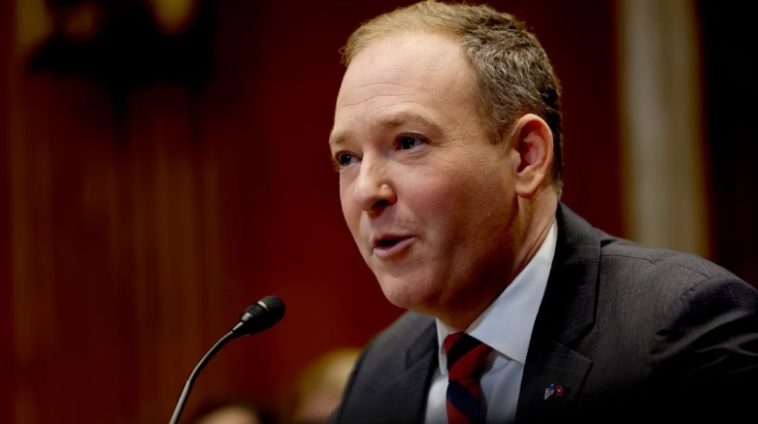In a sweeping move aimed at restructuring the federal workforce, the Environmental Protection Agency (EPA) has placed over 1,100 employees on probationary notice, warning that they could be terminated immediately if their performance or conduct is deemed unsatisfactory. The decision is part of the Trump administration’s broader strategy to streamline government operations and cut down on wasteful spending.
Immediate Termination Notice Sparks Concern
The notices primarily target employees who have been with the agency for less than a year and are still within their probationary period, a window during which federal workers can be dismissed without the extensive procedural protections afforded to long-term employees. EPA spokeswoman Molly Vaseliou explained that the agency issued the notice in the interest of maintaining transparency.
“We want employees to be fully aware of their status and the expectations we have moving forward,” Vaseliou said. “The goal is to ensure that everyone within the agency is aligned with its mission of efficient and effective environmental stewardship.”
New Leadership, New Direction
The announcement comes shortly after the confirmation of former Congressman Lee Zeldin as the new EPA Administrator. Zeldin, a staunch advocate of smaller government, has pledged to restore accountability within the agency. He has already implemented policies aimed at reducing telework, encouraging a return to in-person work, and cutting unnecessary bureaucratic programs.
During his confirmation hearing, Zeldin vowed to eliminate inefficiencies within the agency while continuing to protect air and water quality. “We’re not here to regulate for the sake of regulating,” Zeldin said. “The EPA will serve its core mission without dragging down the economy or overburdening businesses.”
Employee and Union Reaction
The notices have sparked anxiety among EPA employees, many of whom worry about job security. Marie Owens-Powell, president of the American Federation of Government Employees Council 238, expressed concern about the sweeping nature of the action.
“It’s unprecedented,” Owens-Powell said. “I’ve worked at the EPA for over 30 years, and I’ve never seen this level of uncertainty.”
Unions have warned that the move could demoralize workers and create staffing shortages, potentially affecting environmental enforcement and regulatory duties.
A Broader Federal Overhaul
The EPA’s restructuring is part of a wider initiative under President Trump to overhaul federal agencies, improve accountability, and reduce taxpayer burdens. Earlier this month, the administration also began offering voluntary resignation incentives for long-serving federal employees in an effort to trim agency budgets.
This shake-up isn’t limited to the EPA. Similar measures have been introduced across various departments, including the Department of Education and the Department of Energy. Analysts say the Trump administration’s strategy is designed to reduce the size of the federal government while improving efficiency and responsiveness.
Restructuring Key Priorities
The administration has made it clear that agencies like the EPA must focus on their core missions while eliminating redundancy. This approach aligns with recent decisions, such as reducing advisory boards and scaling back regulations related to climate change, which Trump has argued hinder economic growth.
“We are not cutting essential programs,” a senior administration official clarified. “What we’re doing is getting rid of waste and holding employees accountable.”
Future Implications
As the 1,100 employees face scrutiny, the coming months will reveal the scope of the restructuring efforts. Some positions may be eliminated, while others may see stricter performance benchmarks. For the EPA, this could mark the beginning of a leaner, more focused agency designed to operate efficiently under the Trump administration’s cost-saving initiatives.
With federal agencies under increased pressure to deliver results, the EPA’s decision sends a clear message: underperforming or unnecessary positions will no longer be tolerated, and the federal government will be held accountable to taxpayers.
President Trump emphasized this in a recent statement: “We are building a government that works for the people—not for bloated bureaucracies.”


